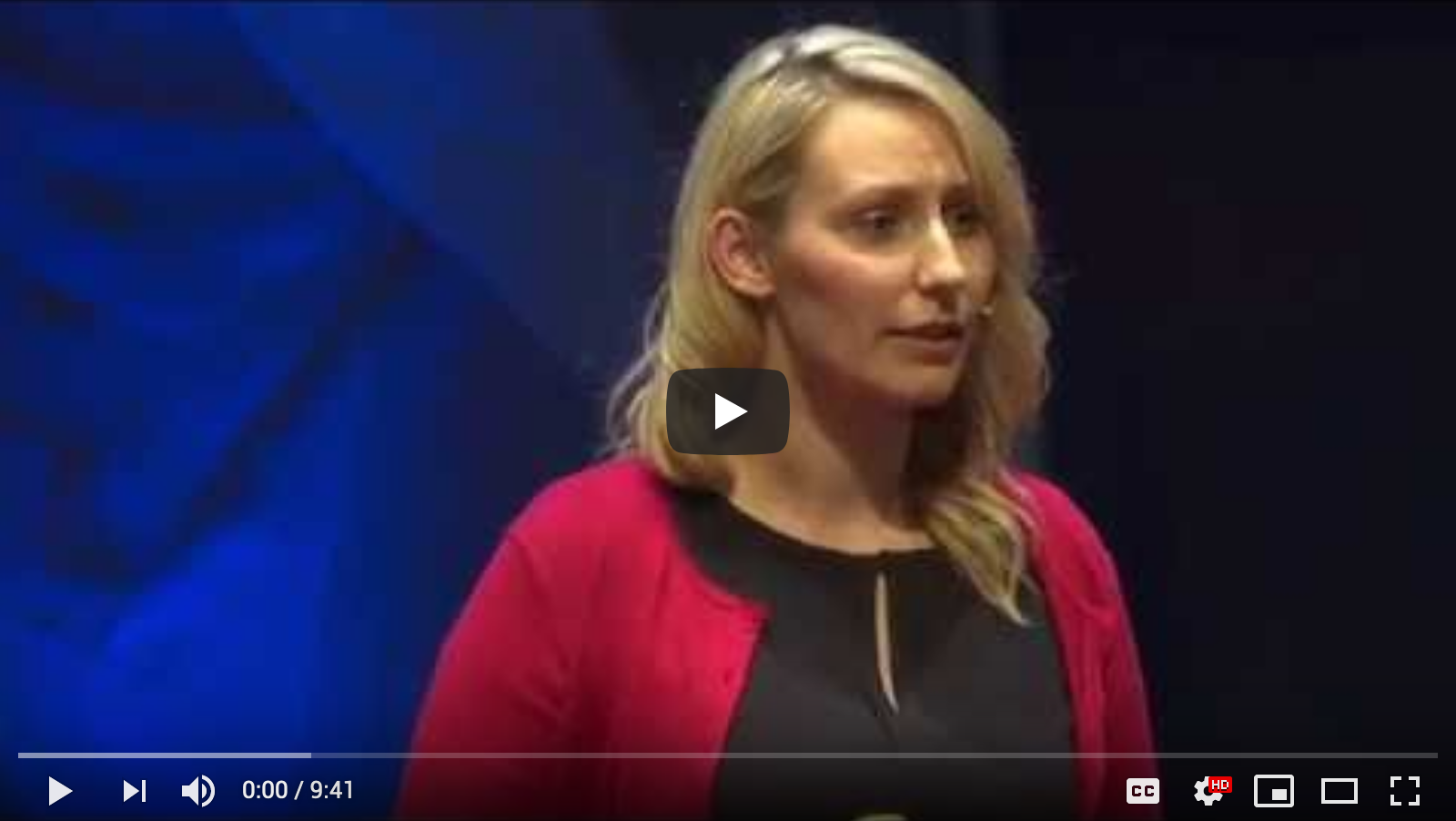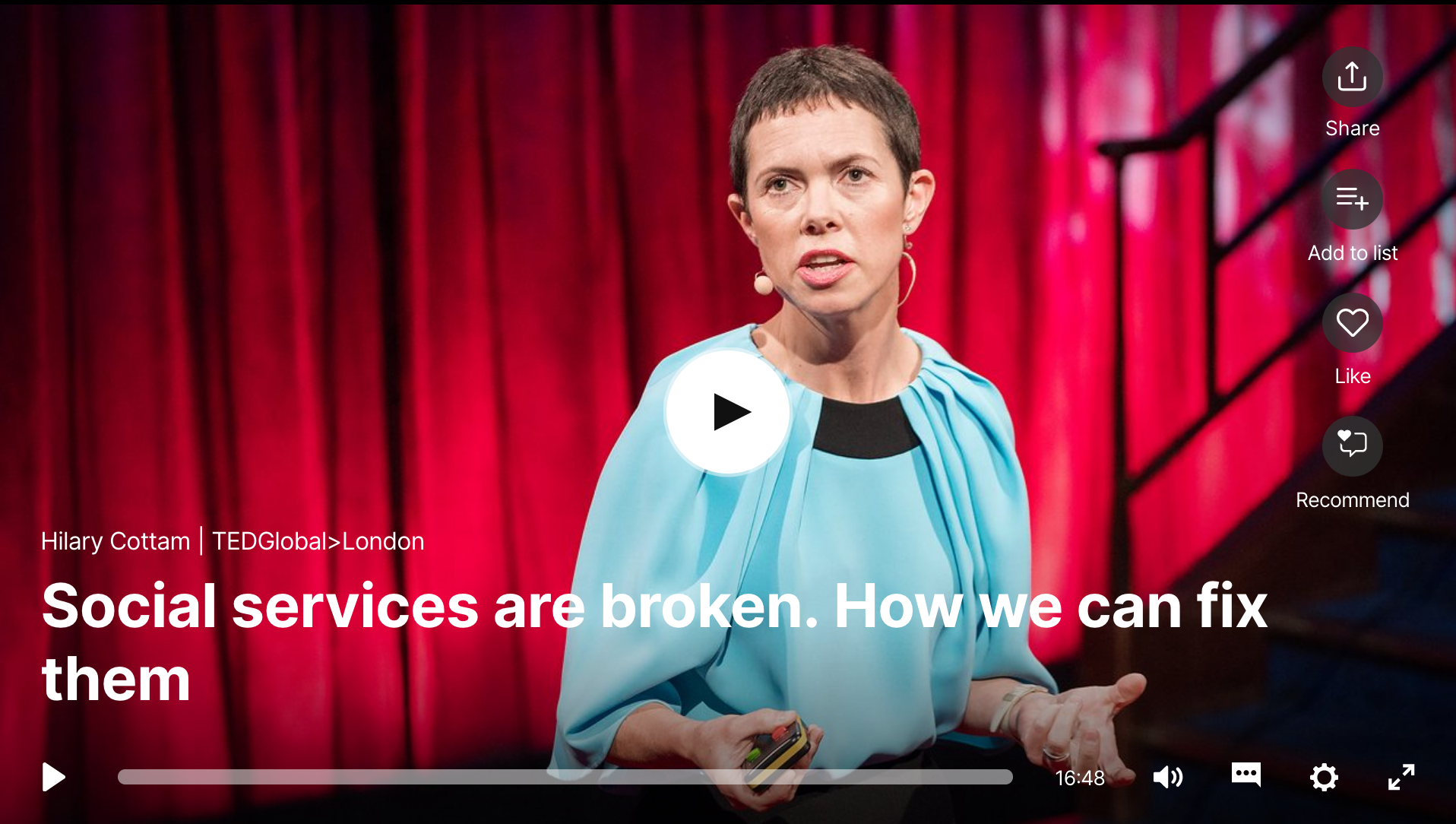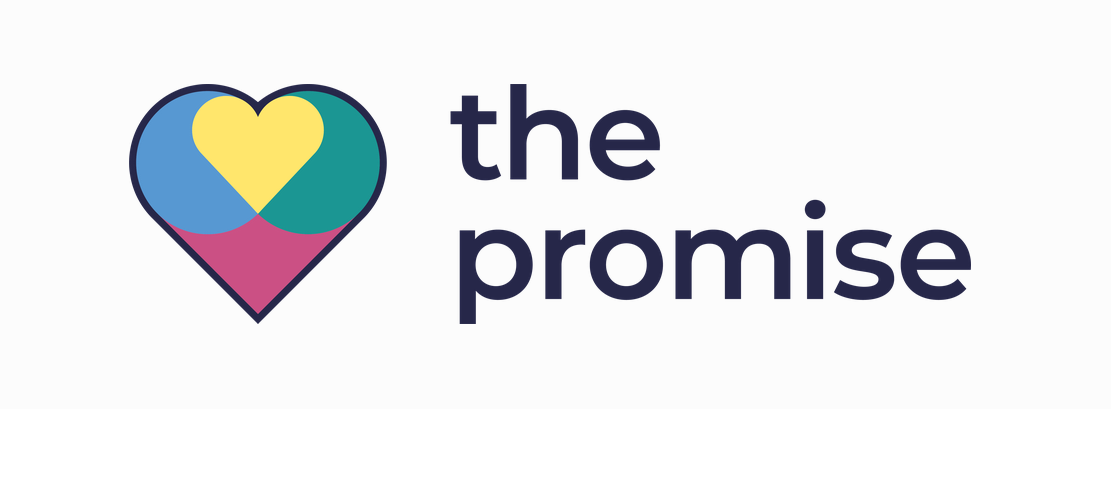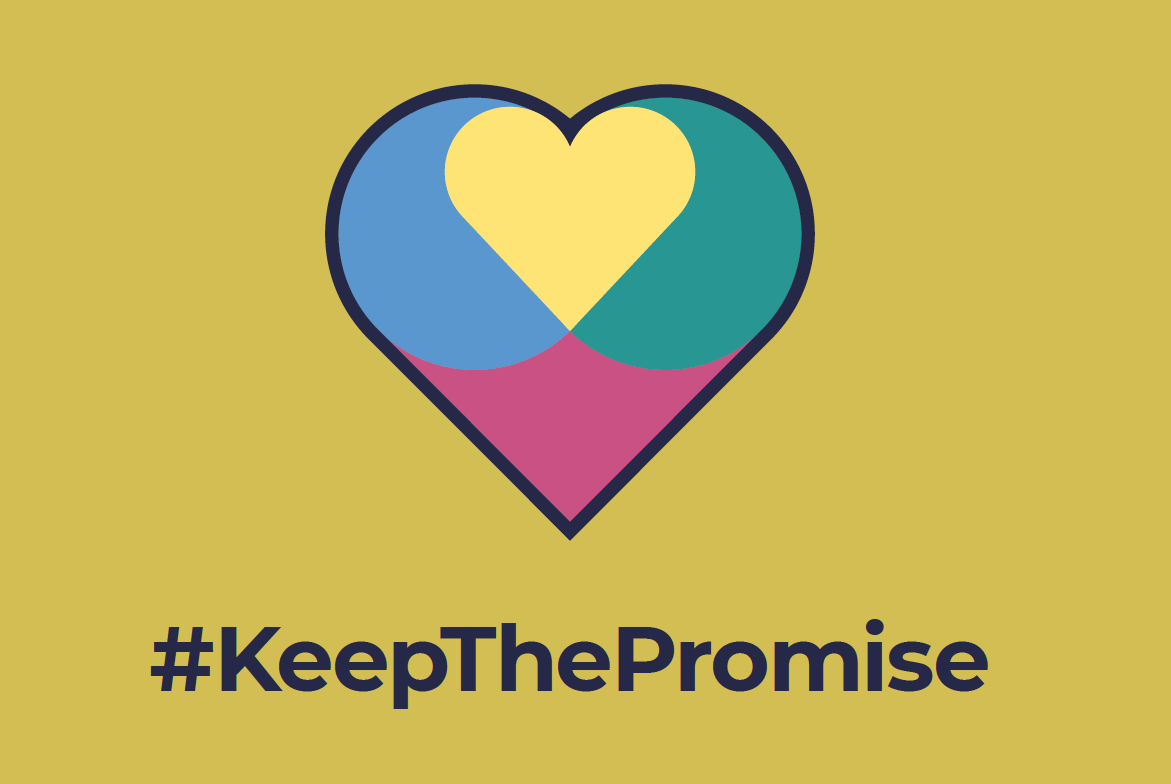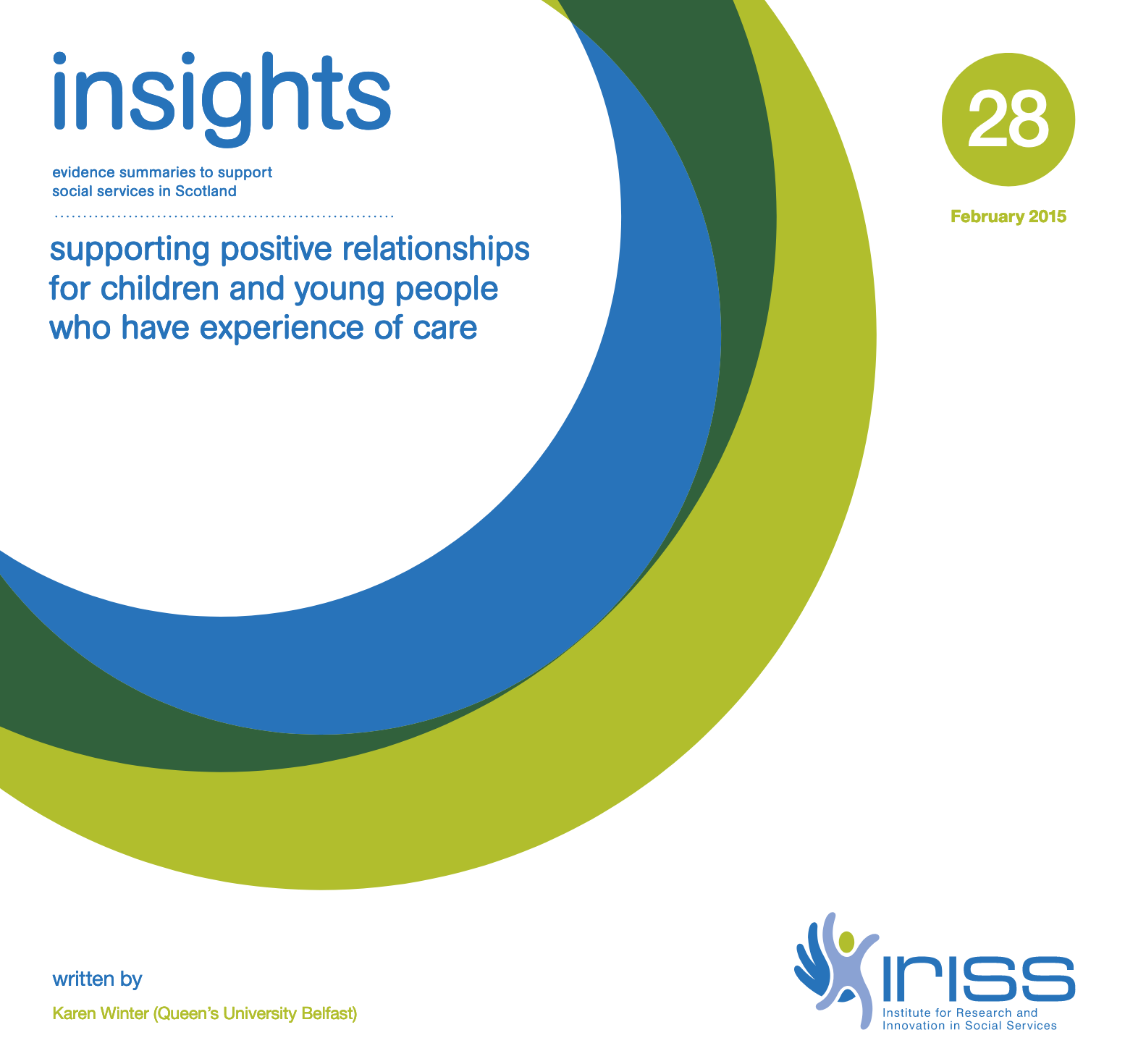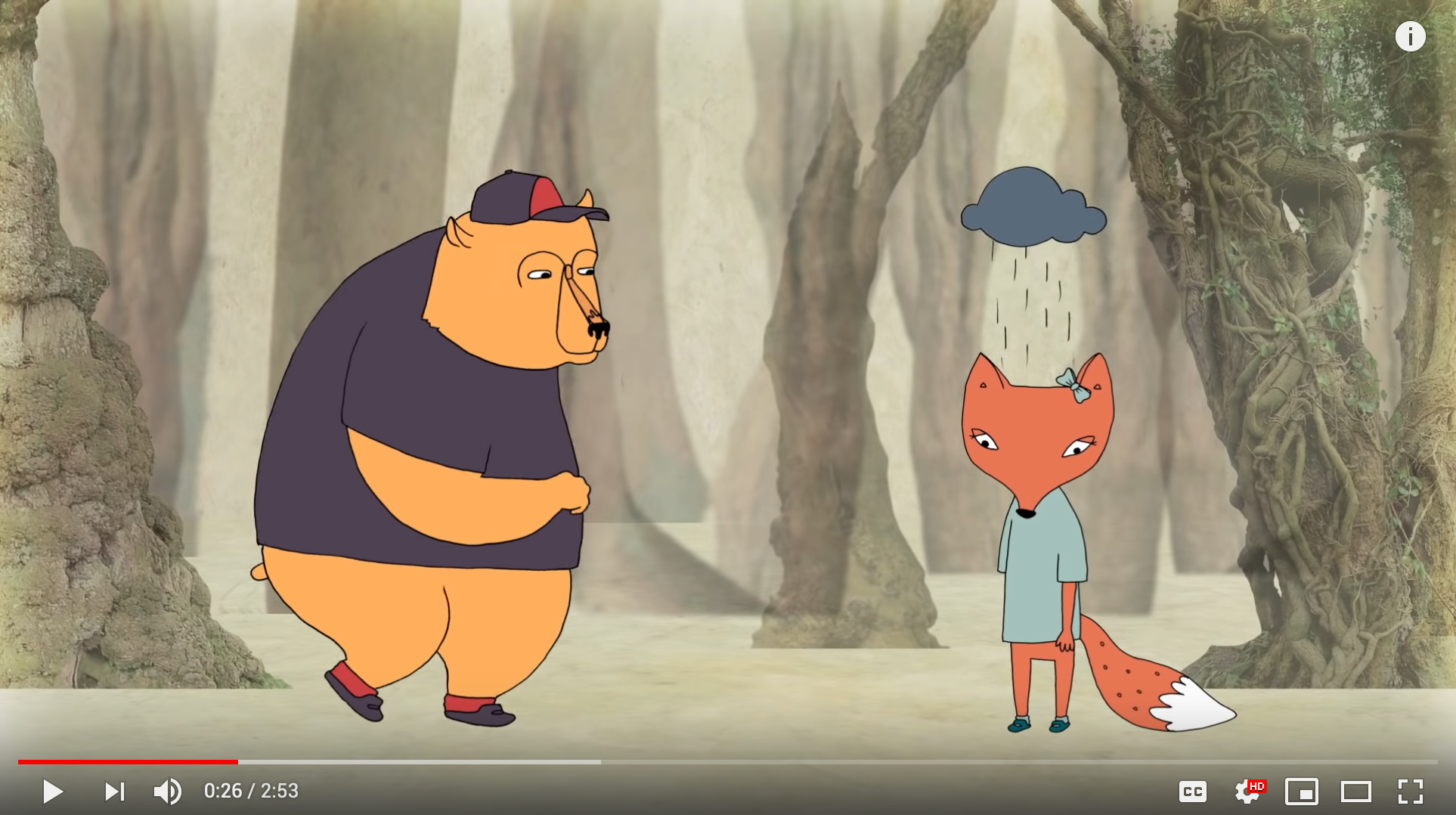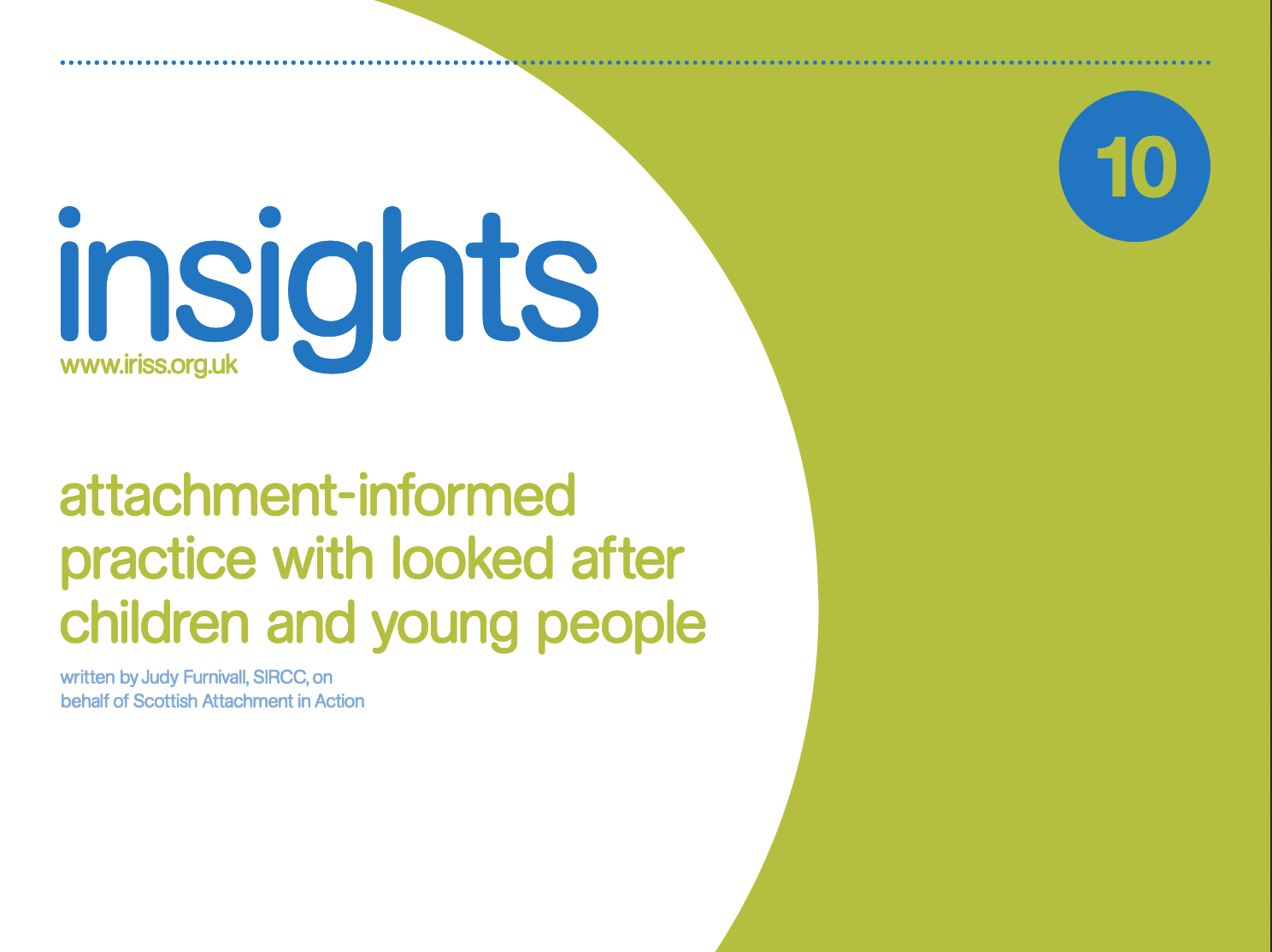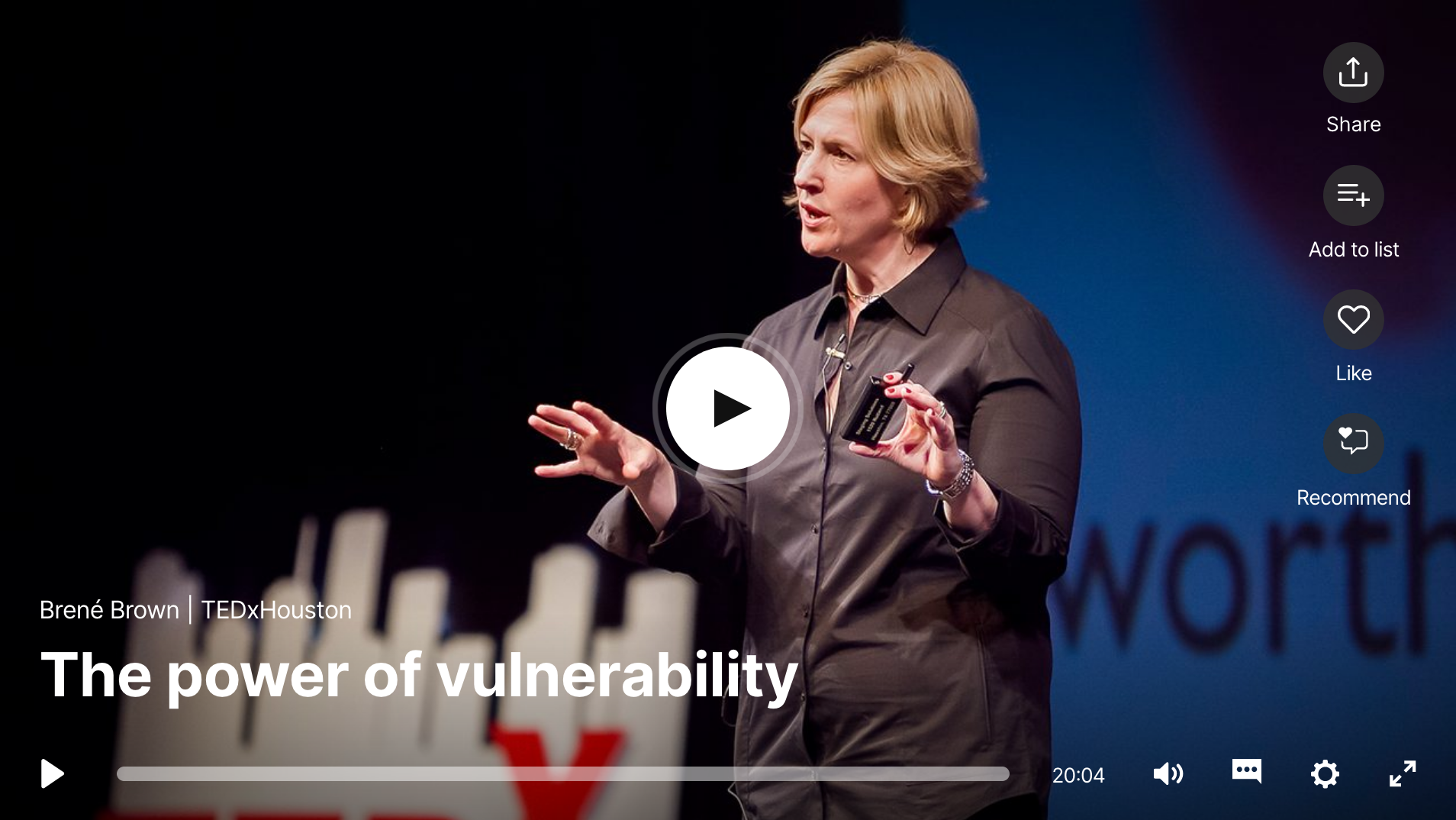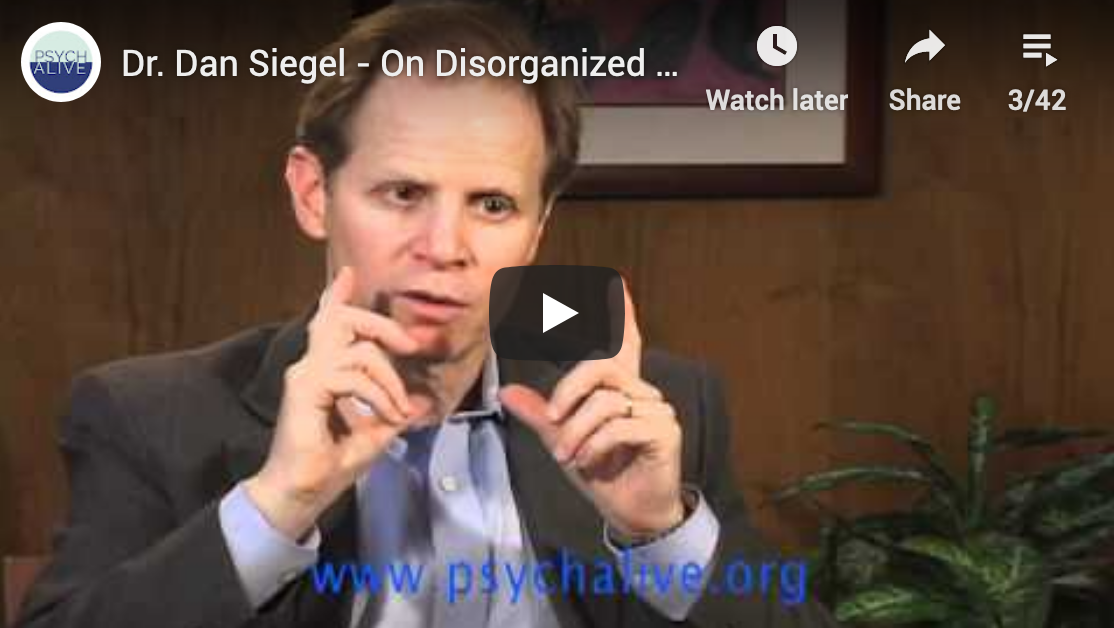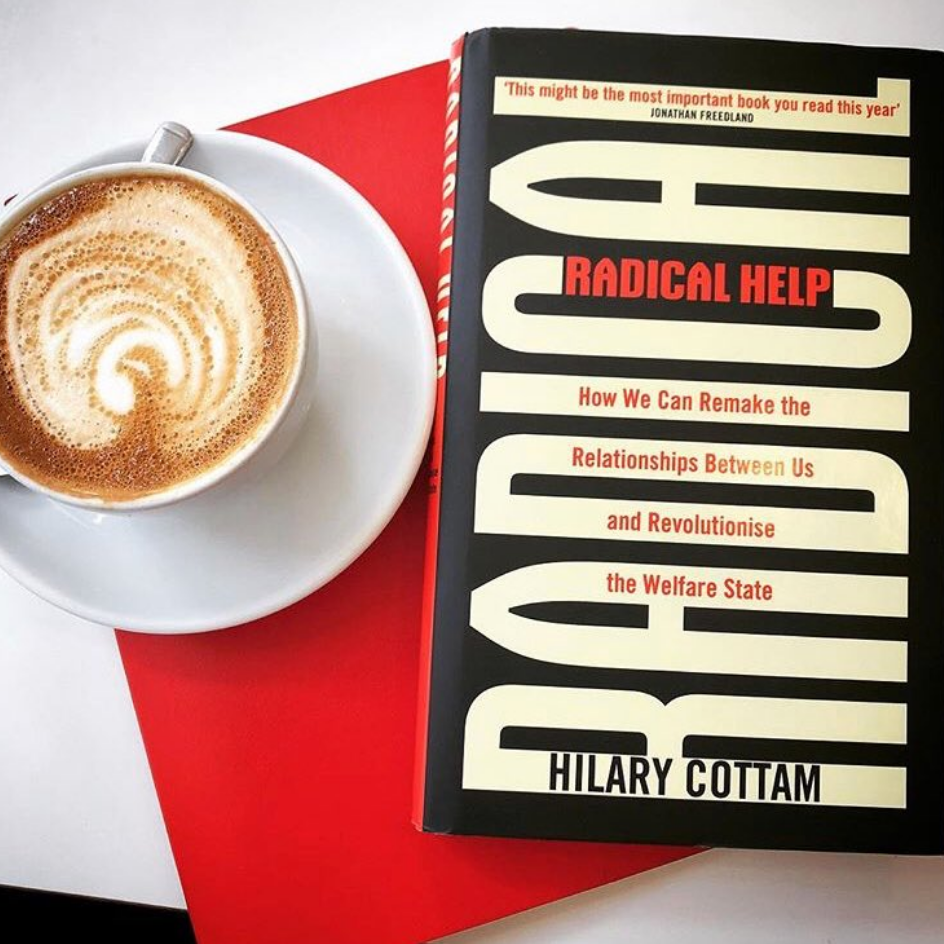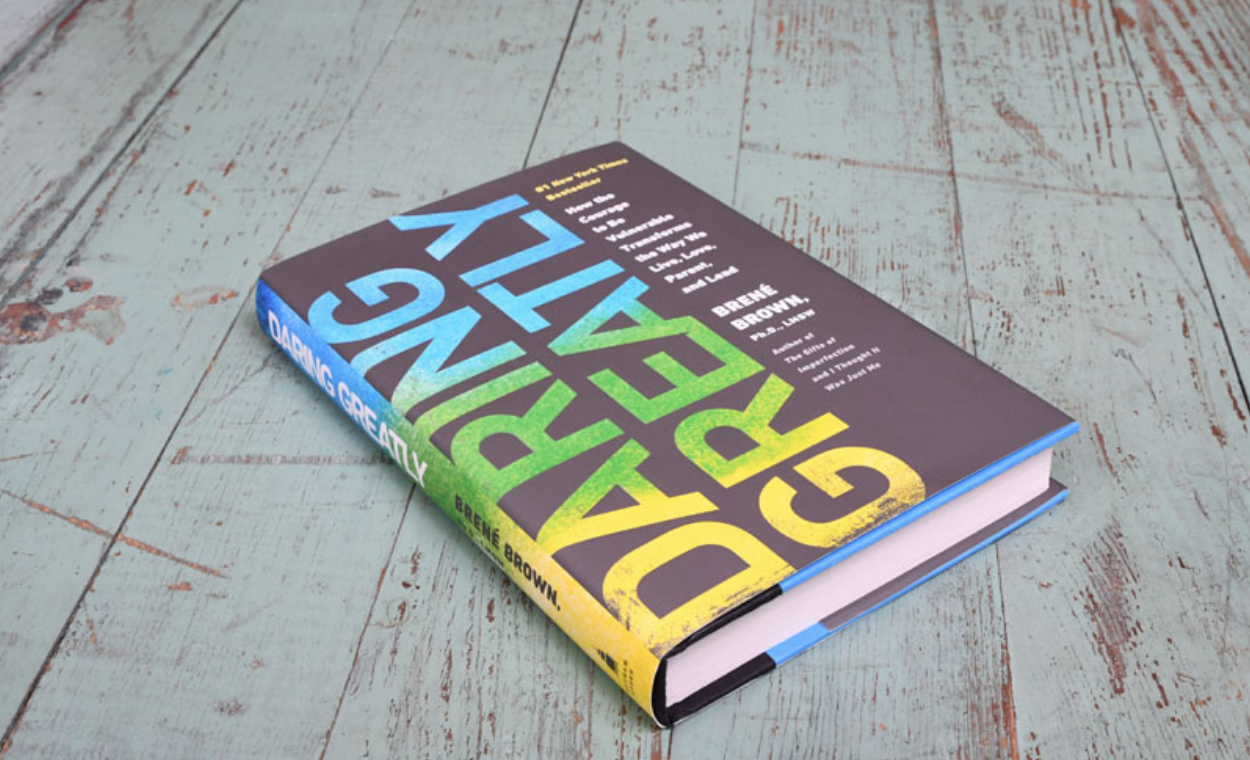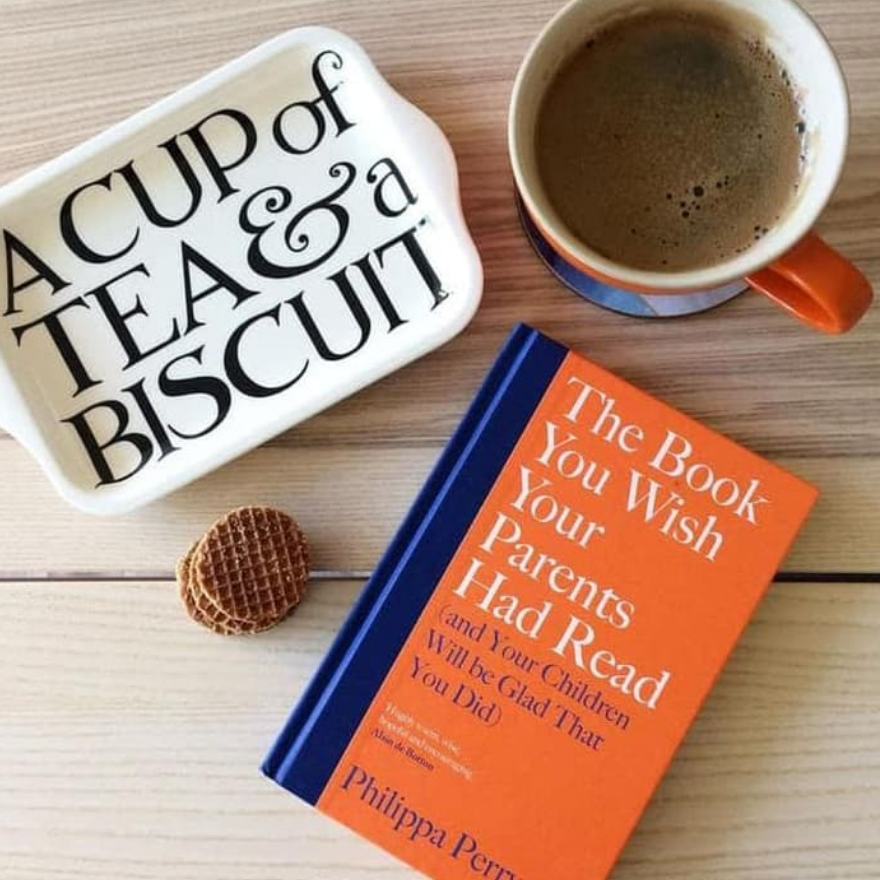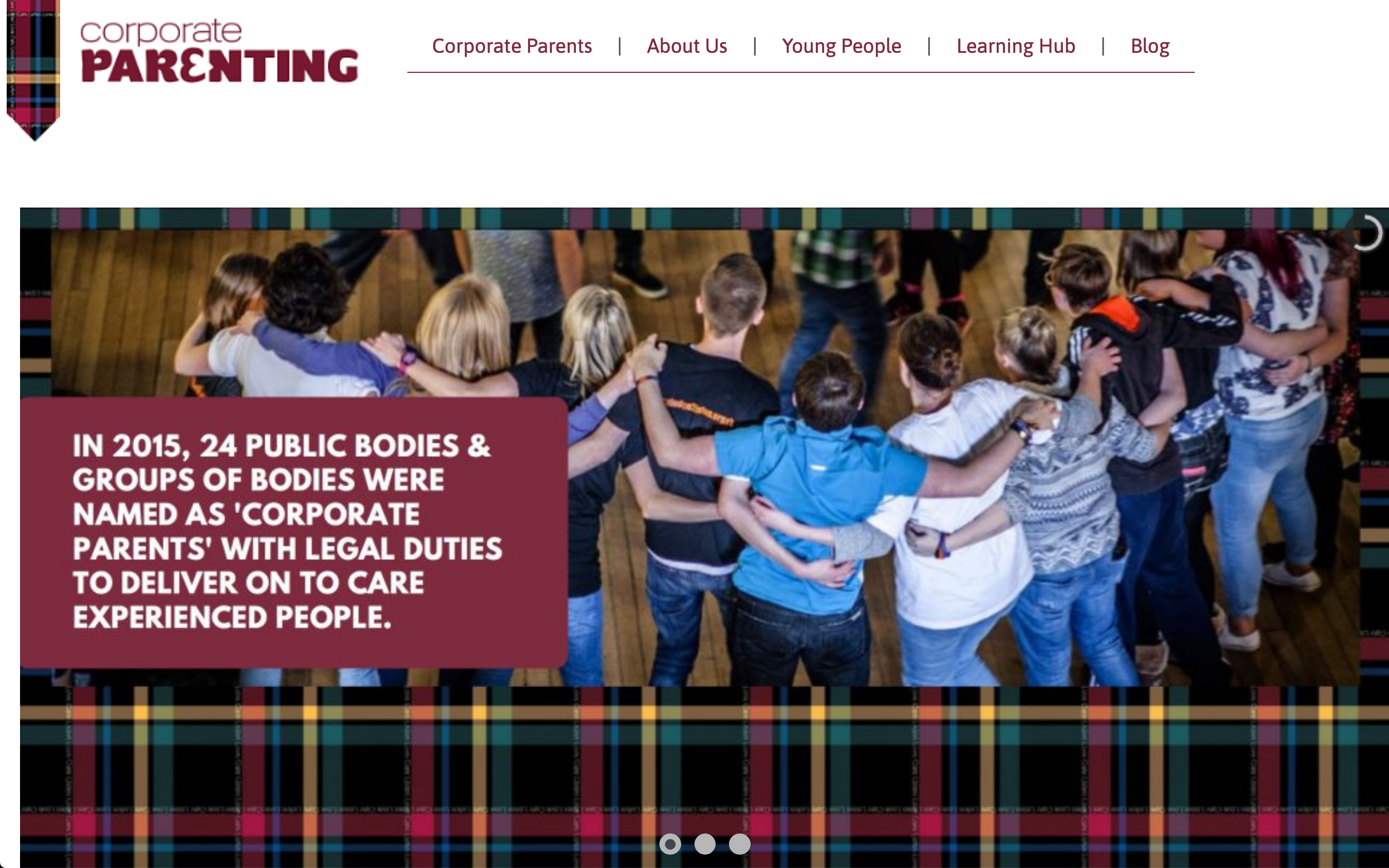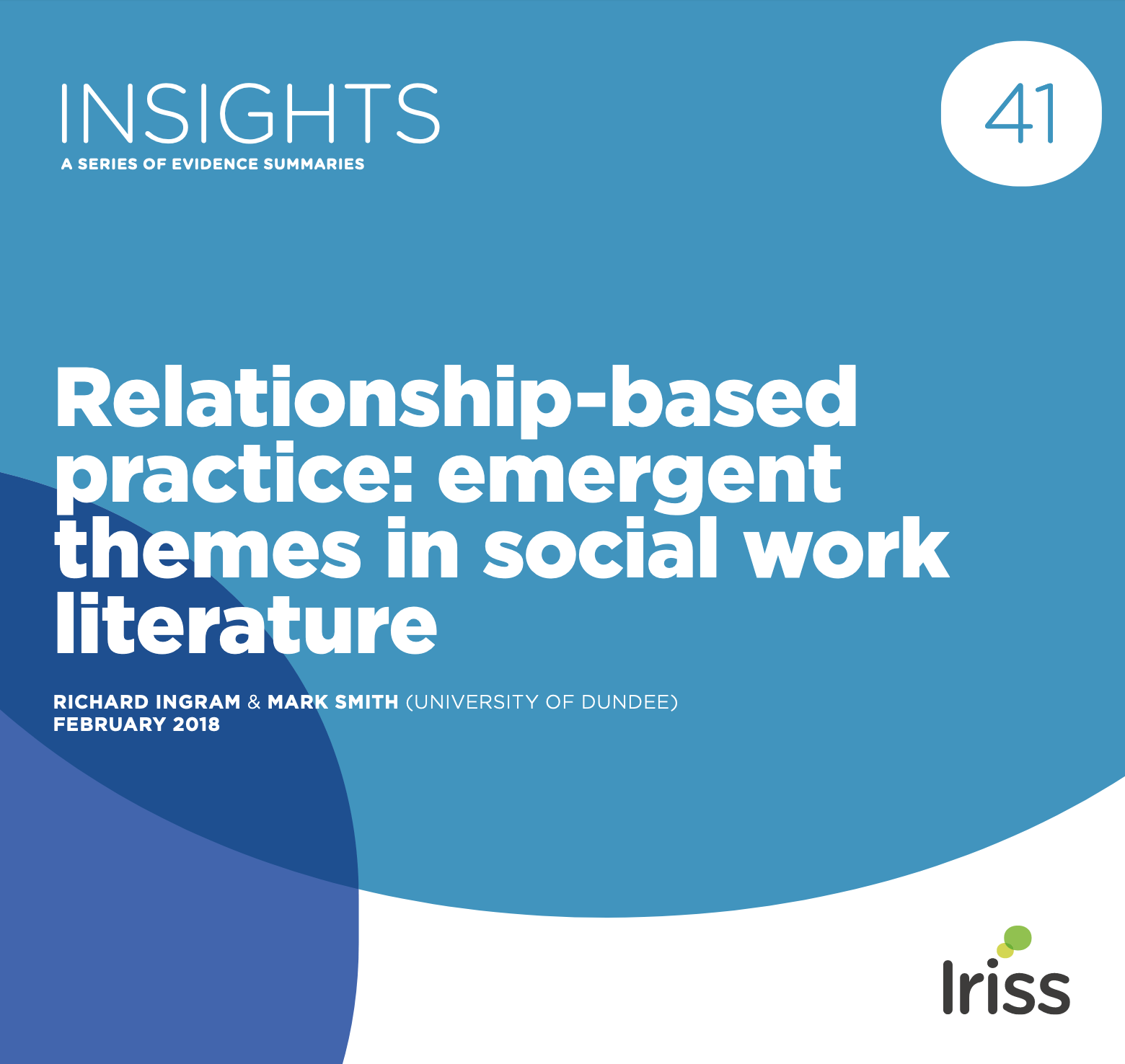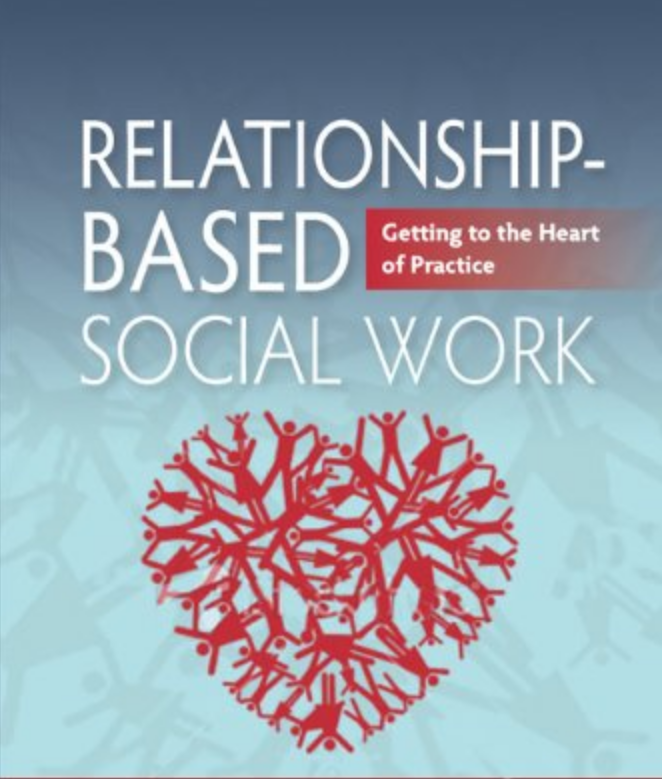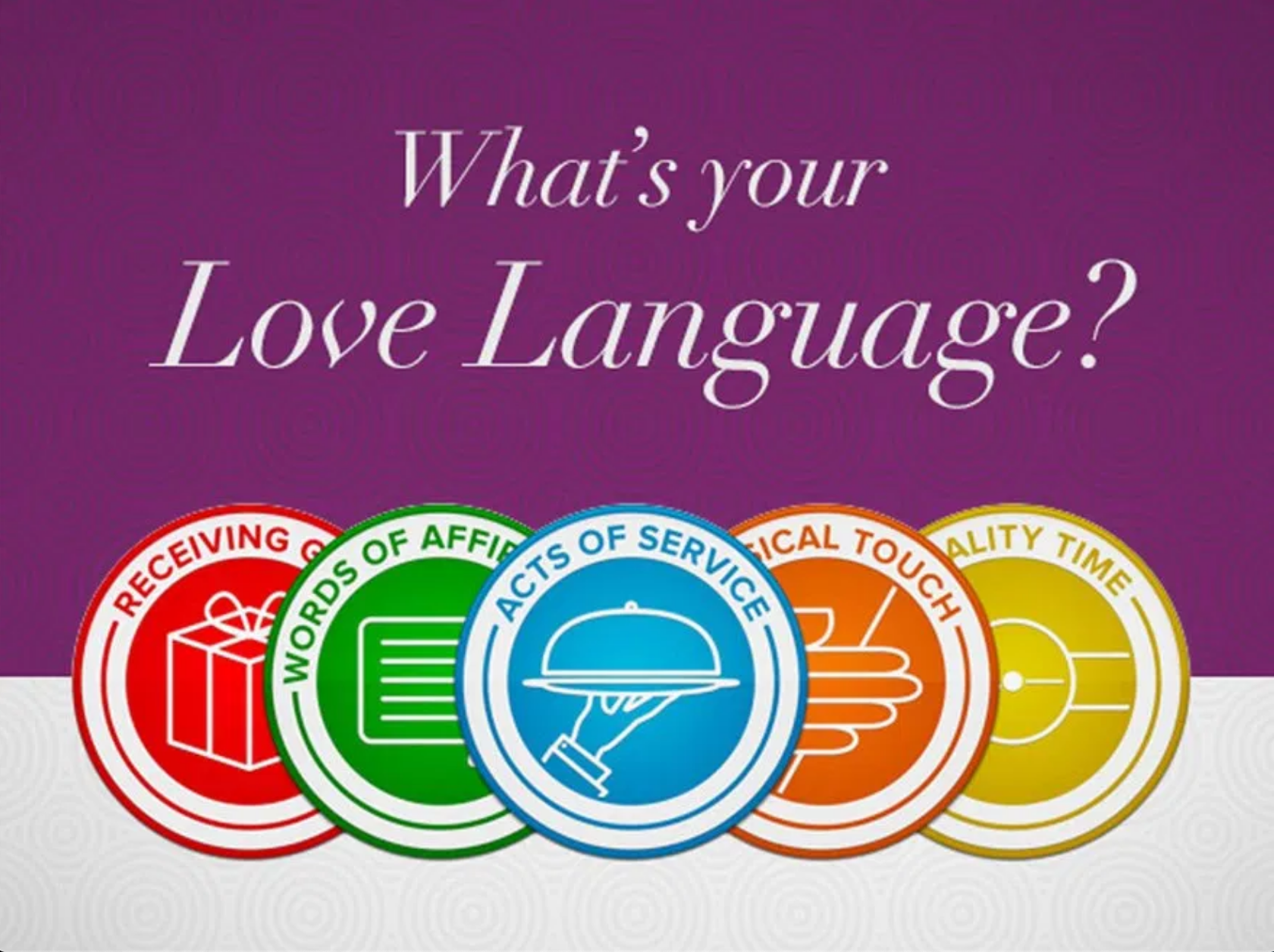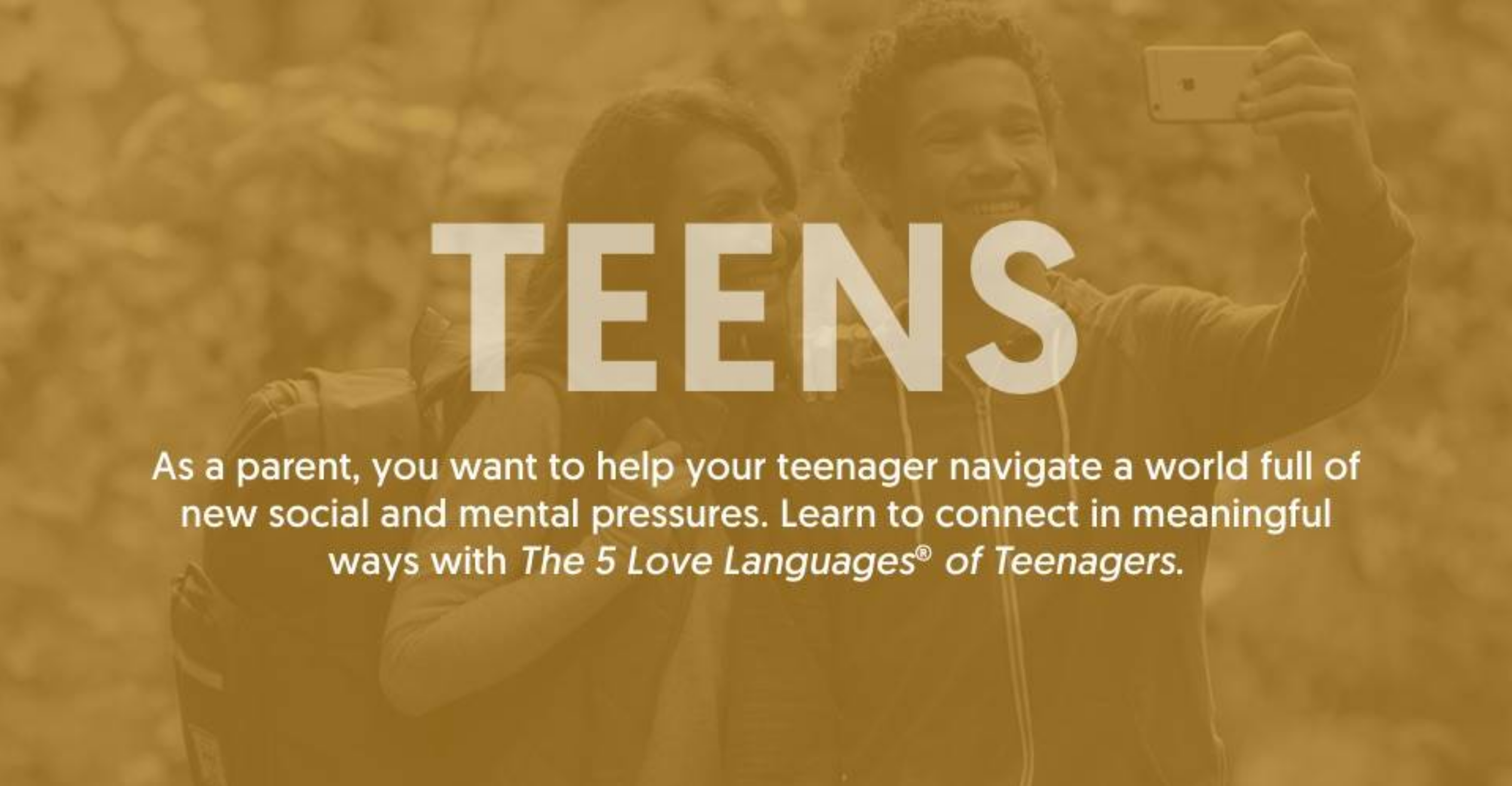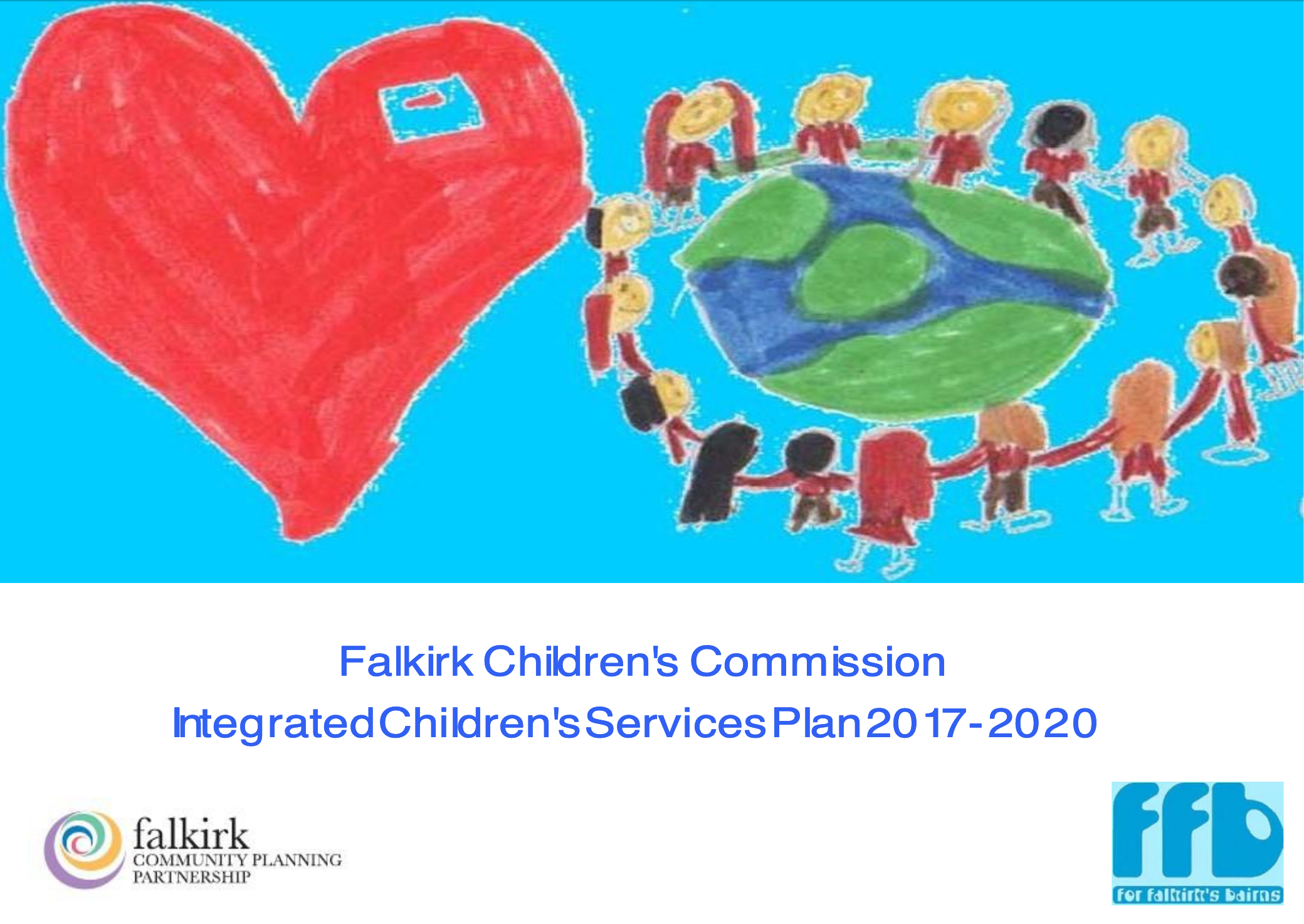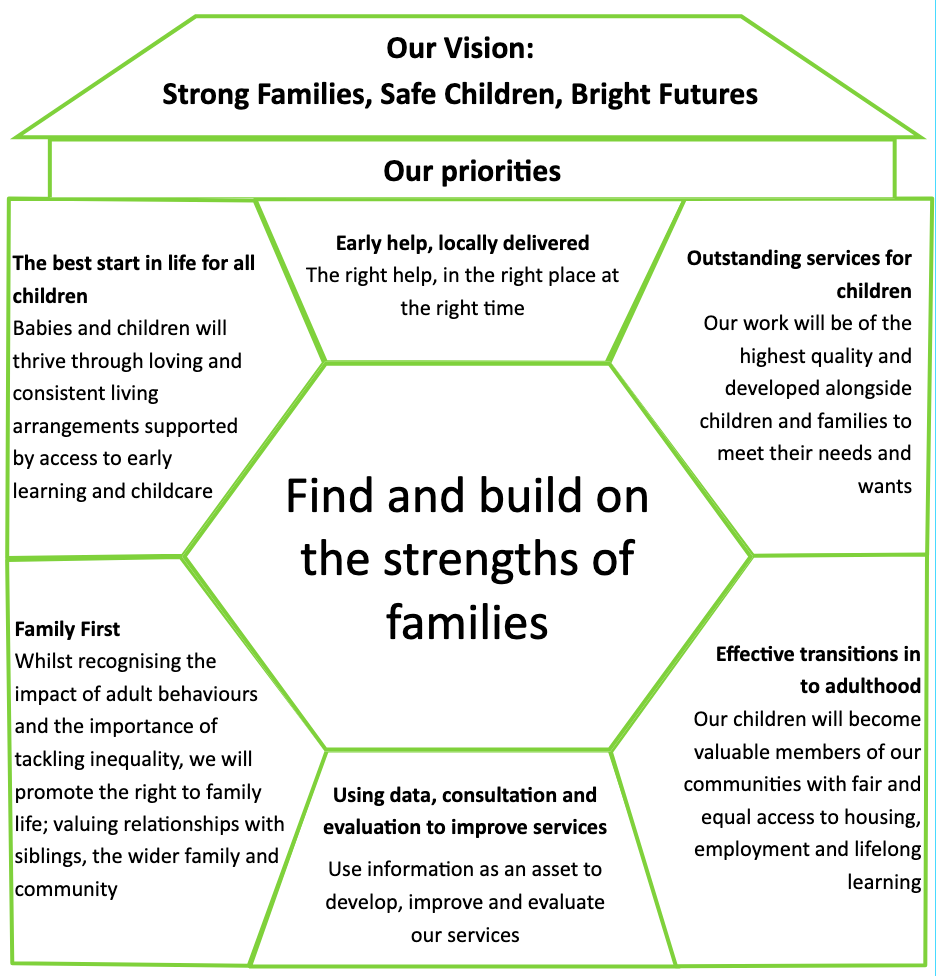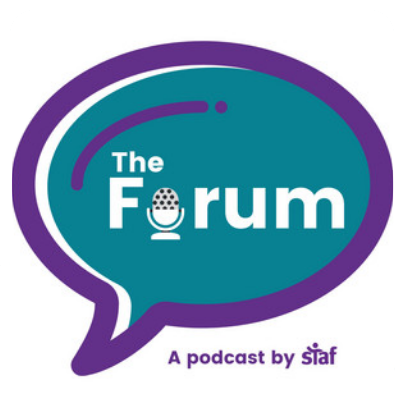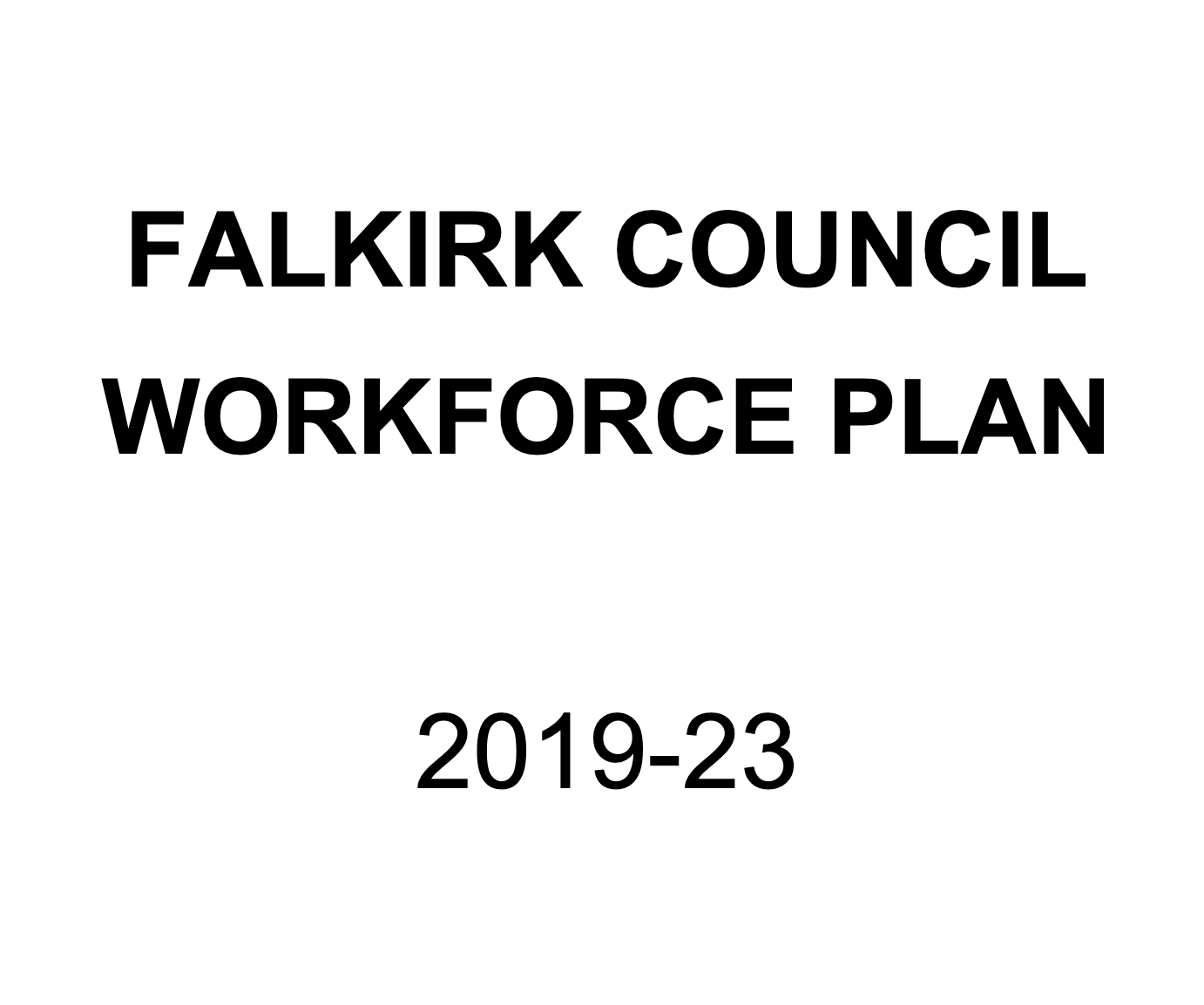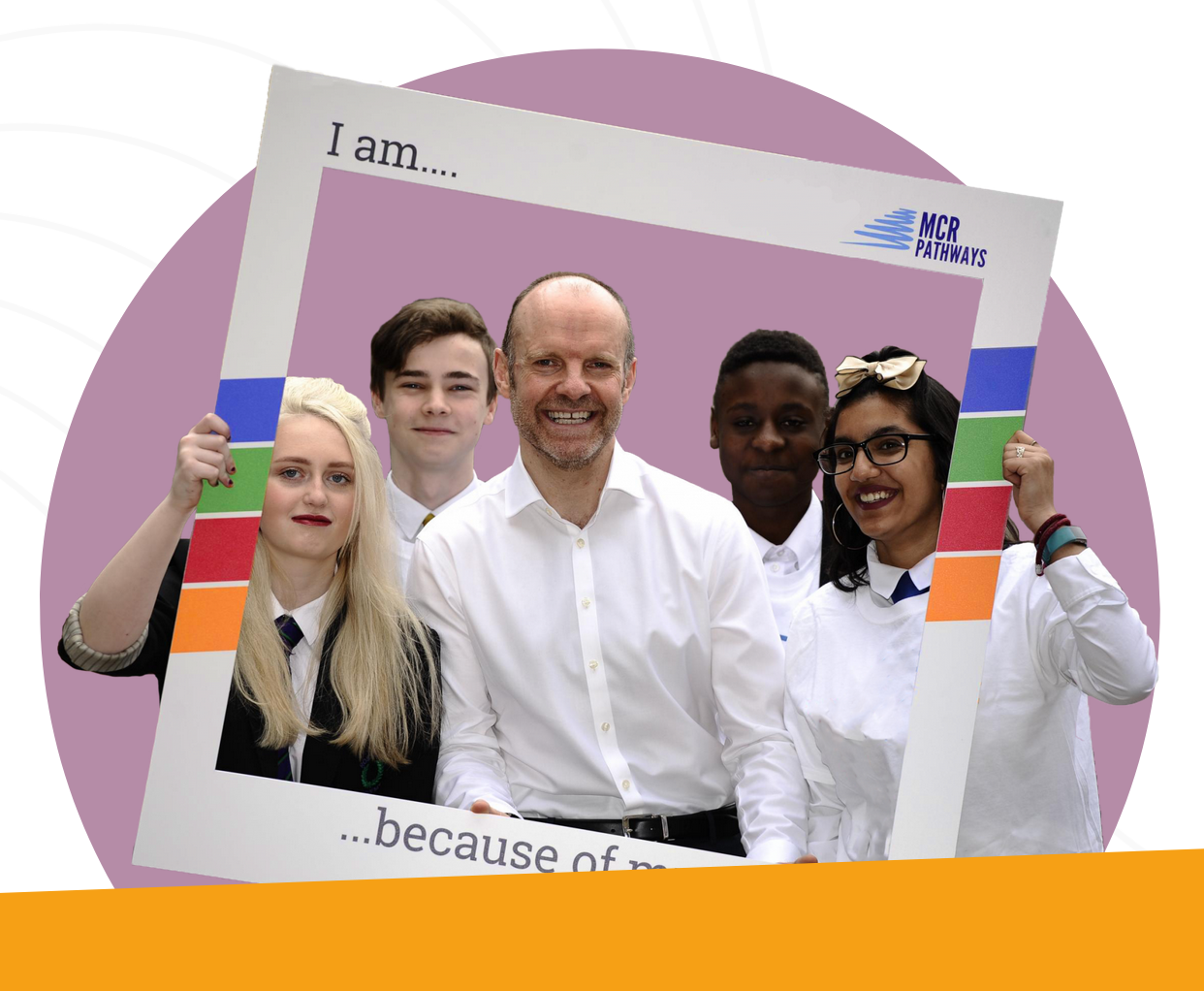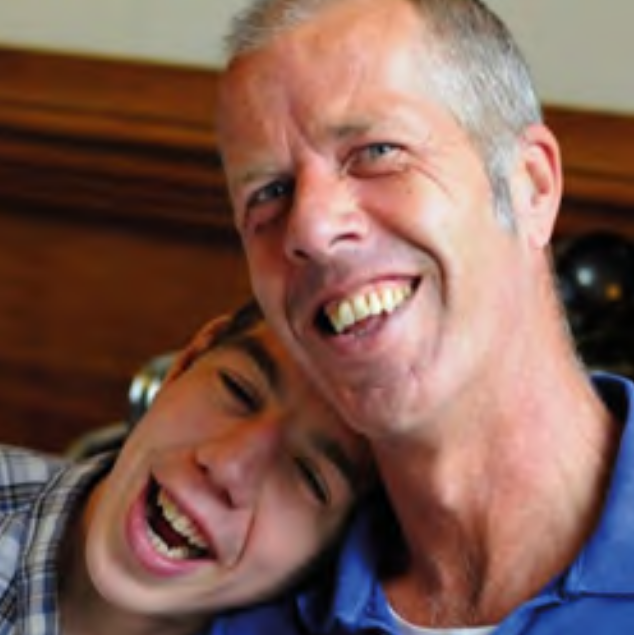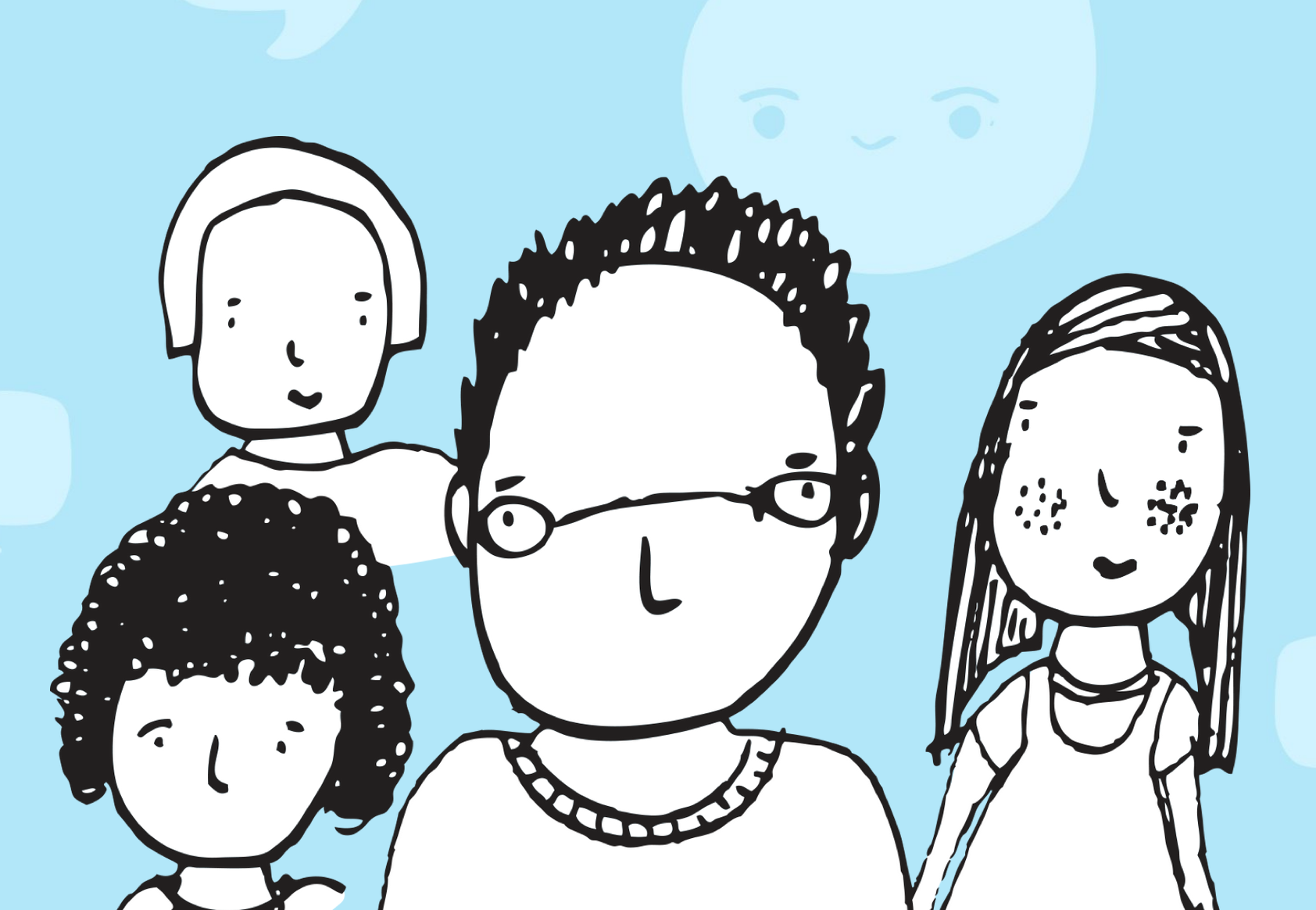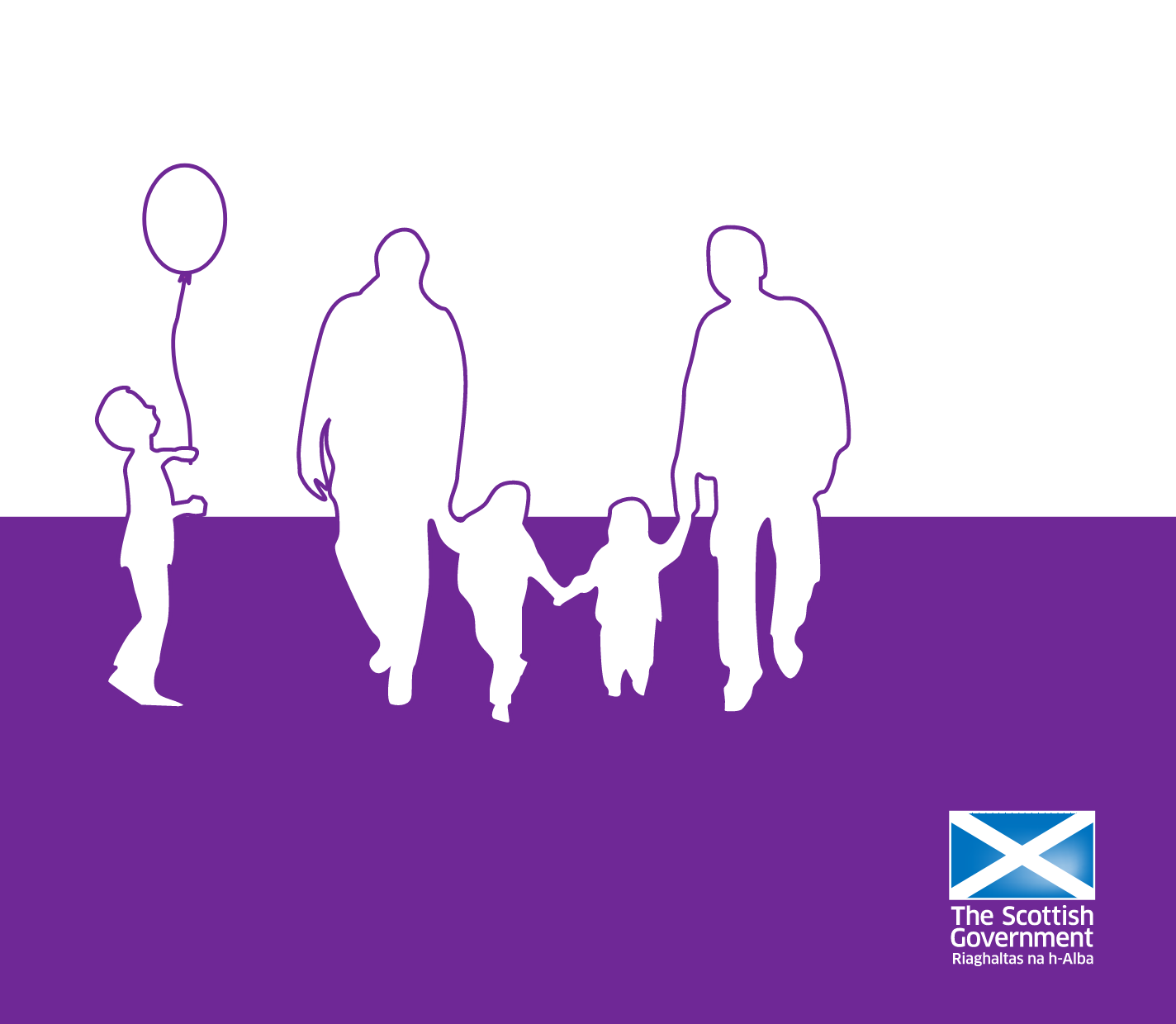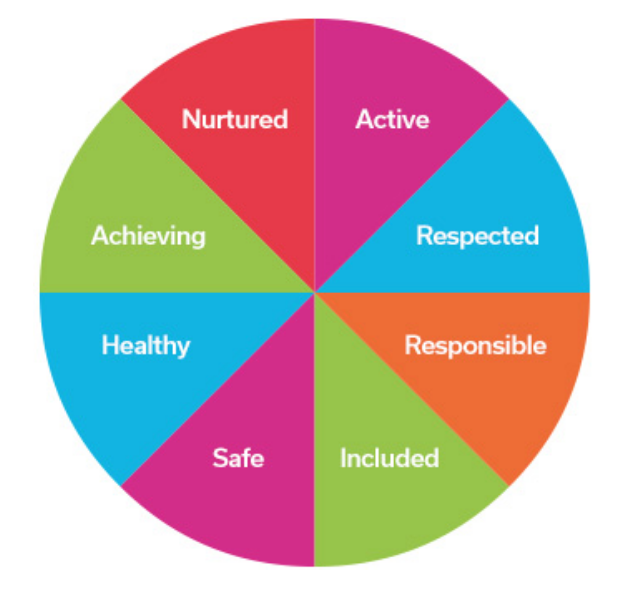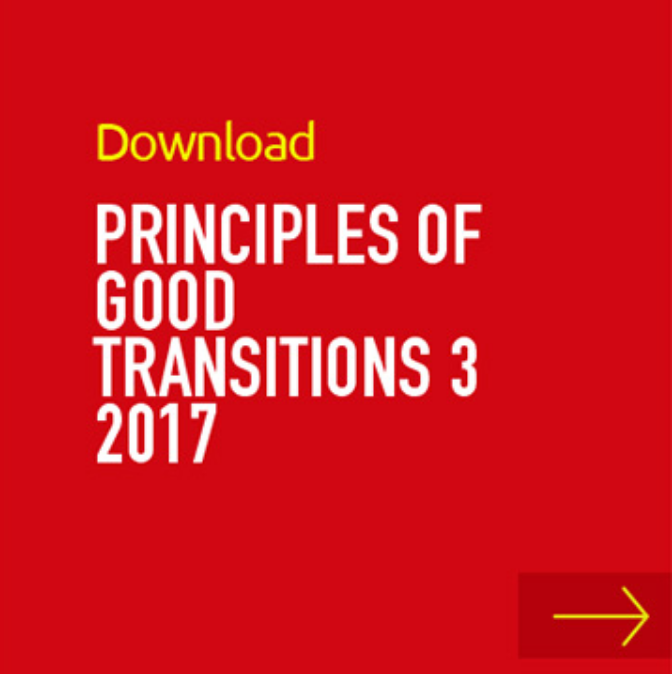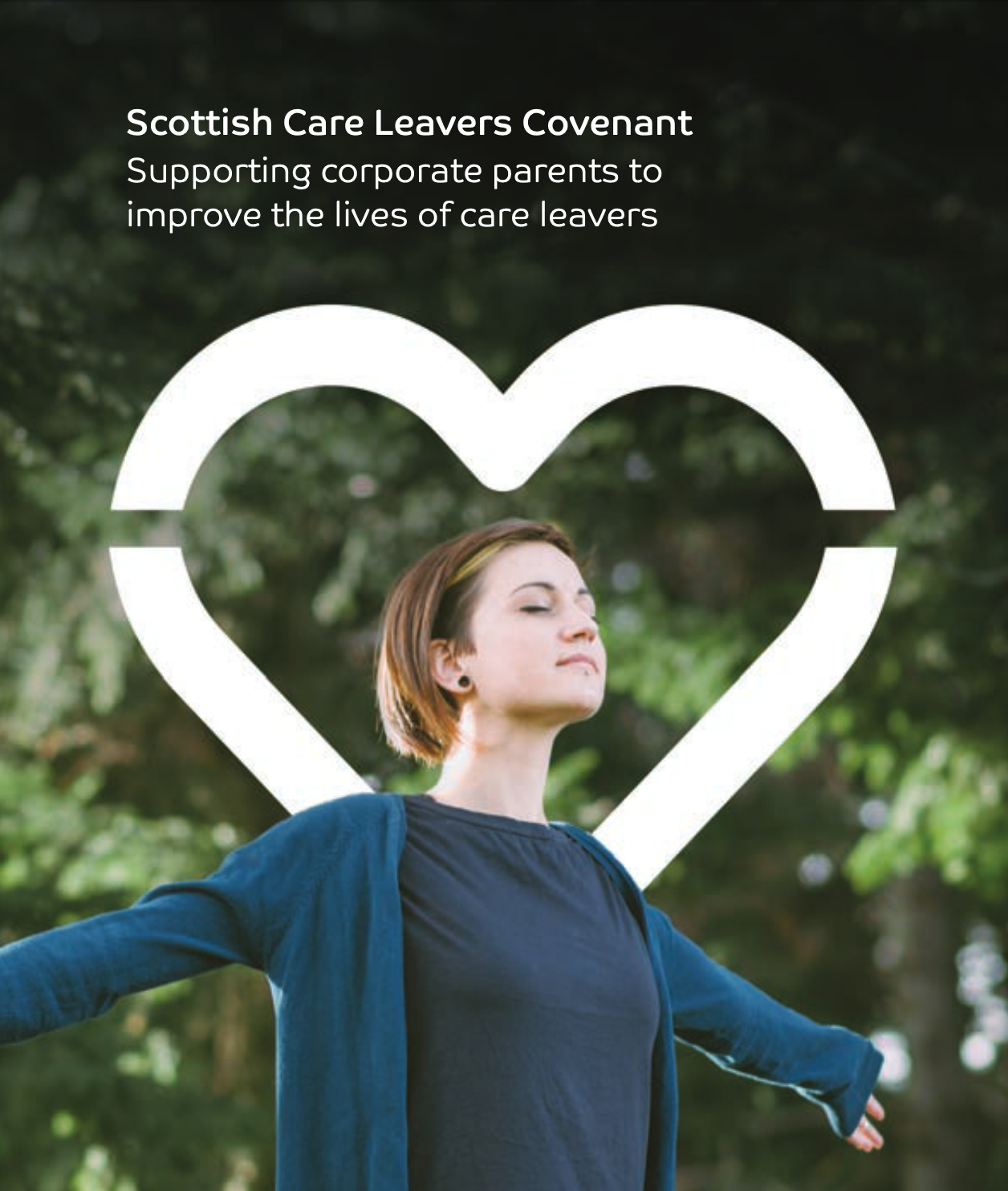What we know
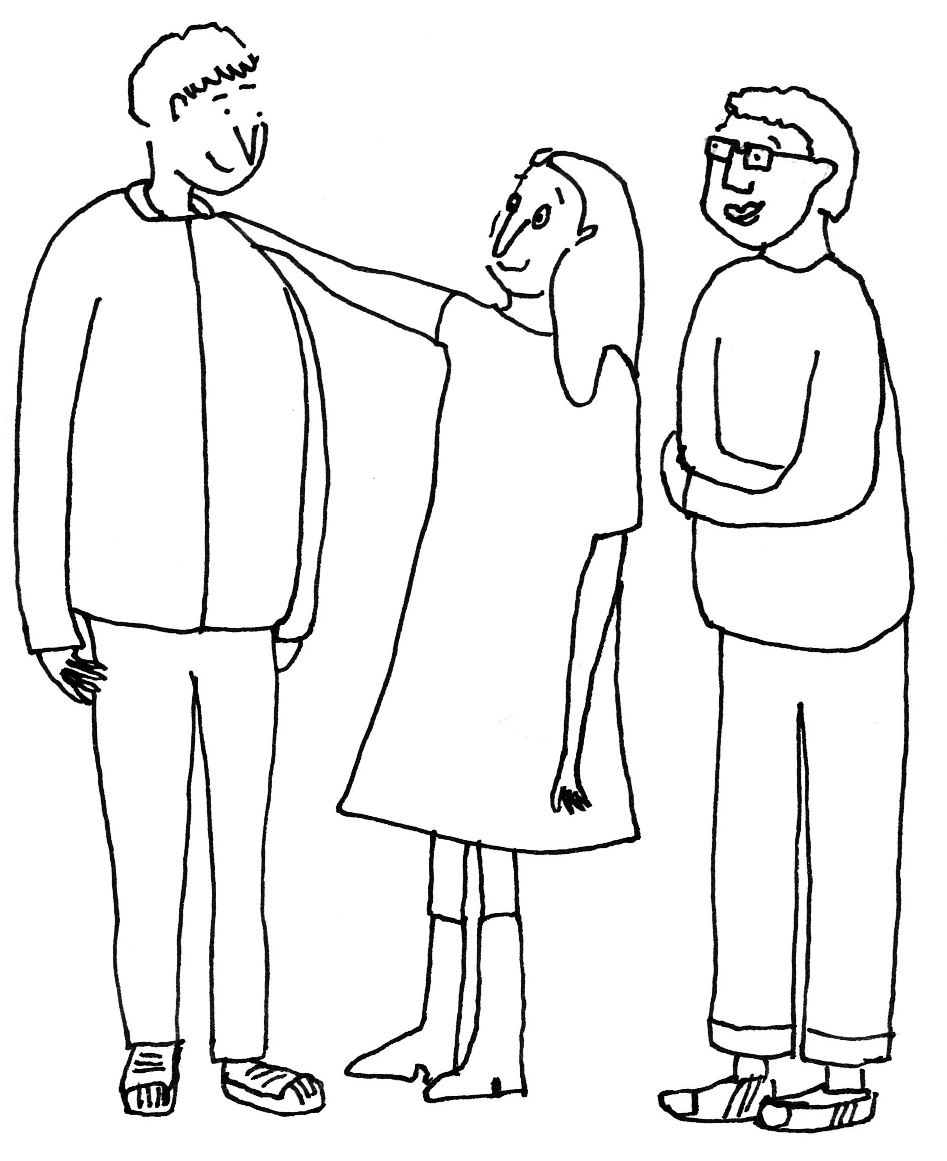
We are all born seeking connections with other people
The need to feel loved and connected is a primary human emotion
We can improve the experience of leaving care
This section shares links to videos, books, quizzes and publications of things we know. There are stories that explain why this work is needed, publications which provide a roadmap to the shifts in policy, practice and culture in Scotland, and resources which support you explore how you’ll become a parent in your workplace. We used many of these resources to set us off on our journey of change, we hope this mix provides you with foundations from which you can continue to develop too.
Why this work is needed
Kids in Care: Let’s start a Revolution!
Laura’s talk provides an insight into what life feels like in care. She explains how children in care are one of the most marginalised and misunderstood groups in society and invite you to join the movement that seeks to change care forever.
Public servants experinces' of work
Hillary Cottam asks us to think about the ways we solve deep and complex social problems. How can we build supportive, enthusiastic relationships between people in our welfare state?
The Promise
The Promise is responsible for driving the work of change demanded by the findings of the Independent Care Review. It works with all kinds of organisations to support shifts in policy, practice and culture so care experienced infants, children, young people, adults and their families grow up loved, safe and respected, able to realise their full potential.
Keeping the Promise
The Promise’s sole reason for being is to facilitate and support change, wherever that change needs to happen to make sure The Plan is honoured and embedded.
What works?
Supporting positive relationships
This review explores the growing emphasis being placed on the relationships of children and young people in care. It examines the nature and type of these relationships; what indicators are used to define quality; why relationships are beneficial; what barriers there are to their formation; what initiatives have been designed to support relationships; and what evidence there is about their impact.
Focusing on well-being, learning and growth
Do you think that each person has inherent potential, is valuable, resourceful and can make a meaningful contribution to their wider community? These 3 minute videos describe how we can create conditions in which people grow.
Empathising - feeling with people
What is the best way to ease someone’s pain and suffering? Dr Brené Brown reminds us that we can only create a genuine empathic connection if we are brave enough to really get in touch with our own fragilities.
Ideas underpinning what works
Understanding how people develop and make connections
Children who develop a secure attachment to a primary caregiver have a number of developmental advantages. Attachment formed with these caregivers continue into adulthood. Parents continue to be both a secure base and a safe haven for adolescents and young adults.
How do you connect to yourself?
Brené Brown studies human connection – our ability to empathize, belong and love.
In a poignant, funny and viral talk, Brené shares a deep insight from her research, one that sent her on a personal quest to know herself as well as to understand humanity.
Being aware of how you connect with other people
Attachment refers the way in which you relate to other people. Your style of attachment was formed at the very beginning of your life. Once established it’s a style that stays with you and plays out today in how you relate to other people. Dr Dan Siegel explains how attachement styles are formed. Perhaps you’ll be able to identify yours?
Parenting in the workplace
How the courage to be vulnerable transforms the way we live, love, parent, and lead
Daring Greatly is the culmination of 12 years of groundbreaking social research, across every area of our lives including home, relationships, work, and parenting.
The book you wish your parents had read...
Every parent wants their child to be happy and every parent wants to avoid screwing them up. But how do you achieve that? Instead of mapping out the ‘perfect’ plan, Perry offers a big-picture look at the elements that lead to good parent-child relationships.
Know your role as a corporate parent to young people in and leaving care?
In 2015, 24 public bodies and groups of bodies were named as ‘corporate paernts’ with leagal duties and responsibilities to understand the lives of Scotland’s looked after young people and respond to their needs as any parent should. Visit Who Cares? Scotland’s learning hub to find out more.
Relationship-based practice at work
Do you think relationships can appear too ‘woolly’? They are difficult to measure and have become secondary to forms of practice that, even when practitioners might claim to work in relational ways, are increasingly framed around following procedure and ensuring compliance. What are your thoughts?
What can get in the way of working relationally?
Cultural, social and system barriers
What can relationship-based practices look like? Social work pracice seemingly leads the way. What may you learn from this way of working? What enablers and barriers may there be to this way of working in your work place?
Love... at work!?
British people tend not to bandy about the word ‘love’ at work. But what if you have at least one love language and you feel it at work when people are kind, considerate and caring towards you? Knowing you have two lumps in your tea rather than one? Helping you complete a task to a tight deadline? How does your prefered love language effect how you feel when you engage with other people? Take Dr. Gary Chapman’s online quiz to help you think about this some more.
Teenagers love languages
Socially, mentally, and spiritually, teenagers face a variety of pressures and stresses each day. Despite these pressures, it is still parents and the people who are with them the most who have the opportunity to influence teens.
Relational based practice in Falkirk Council
Corporate Parenting Plan
Falkirk’s Integrated Children’s Service Plan describes how outcomes will improve for care leavers.
Closer to Home Strategy
Closer to Home is the Children’s Services five-year strategy (2019-’24). Approaches in the strategy to which align with this work include shifting the culture of the organisation to one based on strengths, assets and relationship based practice, and providing our workforce with the time and tools to make and sustain trusted relationships with people who access Falkirk Council’s Children’s Services.
Model of relational based practice
Tremanna children’s home in Slamannan, just outside Falkirk, has developed a model of care which enables actions, behaviours and boundaries young people and staff can equally invest in to develop good relationships with one another. Pamela Graham, the Head of Learning and Development at Staf, talks to Pauline about this model of care and how we can support the workforce adapt to this way of working.
Learn more: Pauline.Connelly@falkirk.gov.uk
Training opportunities
The vision for the workforce at Falkirk Council is: One Council, One Workforce. A workforce which considers itself to be a single team, focused on delivering high quality services to communities. This Plan shares a framework to ensure this workforce is fit for the future.
Some training initiatives in place to support relational based practice include: good conversation training and family networking techniques.
Learn more: Evelyn.kennedy@falkirk.gov.uk
Relational service designs being tested in Falkirk Council
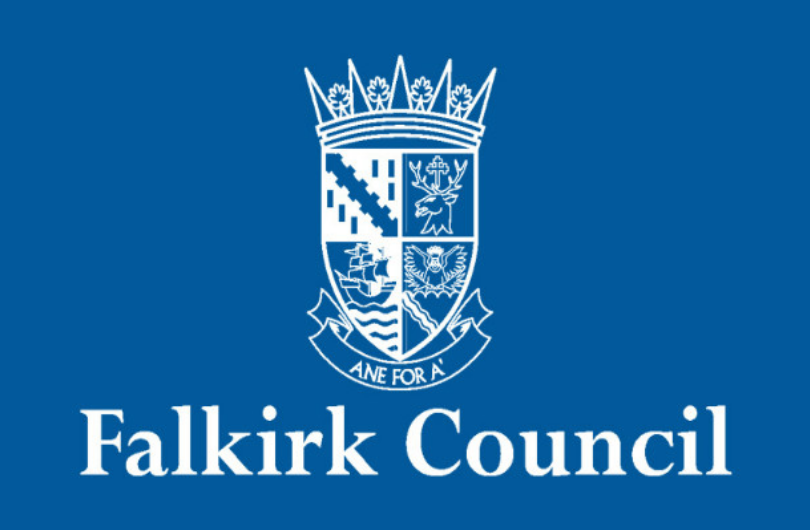
Family Firm
Falkirk Council’s Corporate Parenting Plan now includes the development of a ‘Family Firm’ approach, which enables local authorities and their partners to offer looked after young people and care leavers a broad range of support to help them progress to positive outcomes. This might include work experience, employment and training, or building capacity and skills.
Learn more: Frazer.Stewart@falkirk.gov.uk.

Falkirk Police explore their roles as Corporate Parents
The same police officers have worked with a young woman, responding to any incidents which she is involved in and spent time exercising at a local boxing club. This has been extremely challenging and resulted in the development of consistent relationships which the young woman and her family have benefited from.
Learn more: I.Markey@falkirk.gov.uk.
MCR Pathways
MCR Pathways’ relationship based Mentoring Programme has been helping young people build Motivation, Commitment & Resilience since 2007.
Other examples of relational service designs
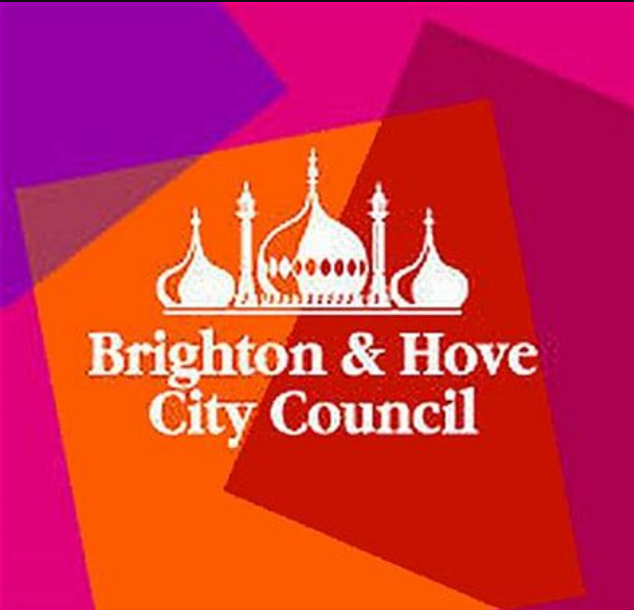
Sun, beaches and relationship-based practice
Through consultation Brighton and Hove City Council Children’s Services developed a whole-systems change model of relationship-based practice. This model has been maintain for the last 3 years with fascinating results.
Keys to Life
How can staff develop their approaches to promoting the well-being, learning and growth of the people they work with?
This pilot sought to understand how staff work with people, understanding how attitudes, values and beliefs are put into action, with a particulr emphasis on – amongst other things – valuing relationships.
Loops
We worked with young people in 2008 in Croydon and Brighton to prototype a developmental service for young people.
Family by Family
Families helping families to create better lives. We created a program to address families in crisis by engaging and training families who have been through tough times to help other families going through tough times.
Legislation, policy and guidance
Statutory guidance on Corporate Parenting
Guidance issued by Scottish Ministers under section 63 of the Children and Young People (Scotland) Act 2014 to provide corporate parents with information and advice.
Getting it right for every child
Getting it right for every child (GIRFEC) supports families by making sure children and young people can receive the right help, at the right time, from the right people. The aim is to help them to grow up feeling loved, safe and respected so that they can realise their full potential.
Principles of good transitions
The Principles of Good Transitions 3 provides a framework to inform, structure and encourage the continual improvement of support for young people with additional needs between the ages of 14 and 25 who are making the transition to young adult life.
Care Leavers Covenant
The Covenant supports corporate parents to deliver changes to bring improvement and consistency to the care experienced young people. It offers clear guidance on how to meet their needs.
